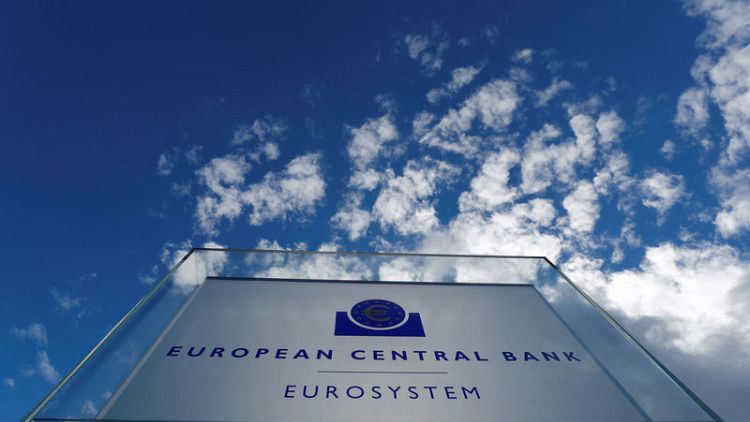LJUBLJANA (Reuters) - A proposal by Slovenia's government that would make the national central bank liable for any damages arising from court cases related to the 2013 rescue of the country's banks would breach European Union rules, the European Central Bank has said.
In a March 27 opinion that has now been published, the ECB said: "A requirement that Bank of Slovenia must pay compensation for damages ... would not be in line with the monetary financing prohibition" that prevents central banks funding governments.
In 2013, more than 3 billion euros (2.59 billion pounds) was poured into Slovenia's mostly state-owned banks to prevent them from collapsing under a mountain of bad loans.
The process, which was led by the Bank of Slovenia in coordination with the government, the European Commission and the ECB, saw 600 million euros of subordinated bonds and bank shares held by around 100,000 investors scrapped.
Many of those bondholders and shareholders are now suing the banks and the central bank to get their money back, although no rulings have yet been finalised.
The finance ministry proposed a law in February under which the central bank would pay any damages related to the rescue. That followed a 2016 ruling by the Constitutional Court that parliament should give greater legal protection to holders of the scrapped bonds and shares.
The central bank says the proposed change would break EU and Slovenian law, and Governor Bostjan Vasle urged Prime Minister Marjan Sarec on Monday to find another solution.
The finance ministry was not immediately available for comment on Monday but told Reuters last month it will take into account reactions to the proposed law before presenting a final draft.
(Reporting By Marja Novak; Editing by Catherine Evans)



